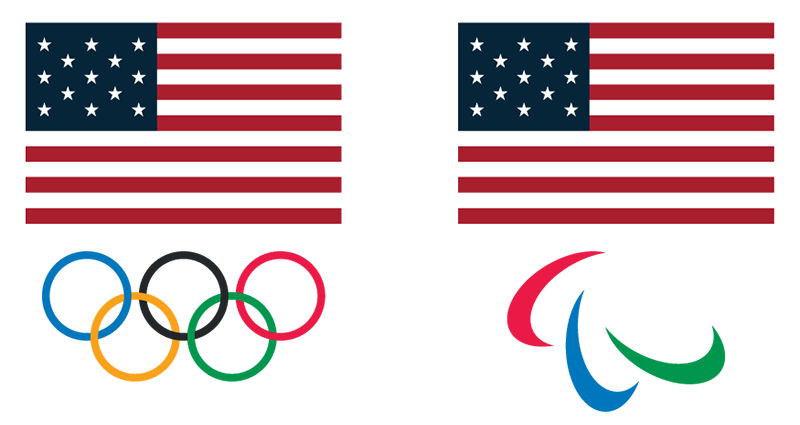In the wake of its statement condemning systemic racism in the United States – one criticized for its perceived hypocrisy – following the killing of unarmed black man George Floyd and ensuing nationwide demonstrations, the USOPC announced a new athlete-led committee to examine its internal policies.
In a tweet Monday evening, CEO Sarah Hirshland said she is creating the committee to “challenge the rules and systems in our own organization that create barriers to progress,” including, notably, the right to protest.
Today, I am creating an athlete-led group to challenge the rules and systems in our own organization that create barriers to progress, including your right to protest. All Team USA athletes who are interested in participating are welcome. pic.twitter.com/uBnUV3WvEL
— Sarah Hirshland (@USOPC_CEO) June 9, 2020
Last week, Olympic thrower Gwen Berry demanded (and later received) an apology from Hirshland, whose earlier statement said that the USOPC “stands with those who demand equality and [wants] to work in pursuit of that goal.” Berry is currently serving a 12-month probation for raising her fist on the podium at the 2019 Pan American Games in protest of systemic inequality. Olympic fencer Race Imboden, who knelt on the podium at Pan Ams, is also on probation.
“I am grateful to Gwen for her time and her honesty last night,” Hirshland said after apologizing to Berry on a 40-minute phone call. “I heard her. I apologized for how my decisions made her feel and also did my best to explain why I made them. Gwen has a powerful voice in this national conversation, and I am sure that together we can use the platform of Olympic and Paralympic sport to address and fight against systematic inequality and racism in our country.”
“We came to some good conclusions,” Berry of their discussion. “The most important thing is we’re figuring out ways to move forward. [Hirshland] was aware of things that she did and how she made me feel about the situation, and I was happy that I was able to express to her my grievances and she was able to express to me how she felt as well about the situation.”
The Olympics, and American athletes who have competed at a Games, have a long history of peaceful protest.
Among the most prominent instances, black track star Tommie Smith and John Carlos each donned a black glove and raised a fist on the podium at the 1968 Mexico City games in protest of a number of issues, with one of the goals being the removal of then-International Olympic Committee head Avery Brundage. They were also shoeless in protest of black poverty and hung beads around their necks to protest lynching, according to Carlos’ autobiography.
In swimming, more recently, Olympic gold medalist Anthony Ervin took a knee during the playing of national anthems ahead of the 2017 Raia Rapida meet in Brazil amid a national debate over athletes’ right to peacefully protest, sparked by former NFL quarterback Colin Kaepernick in 2016.
The USOPC’s statement and athlete group come within days of NFL commissioner Roger Goodell admitting that his league erred in its response to Kaepernick’s demonstrations.
